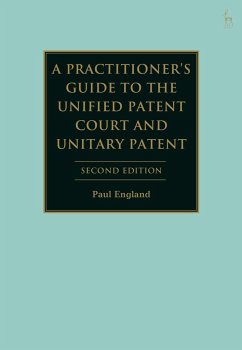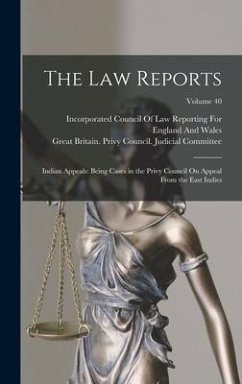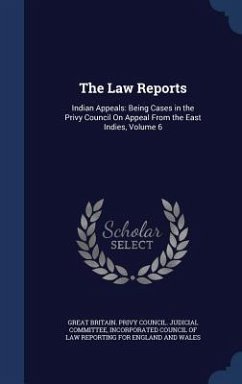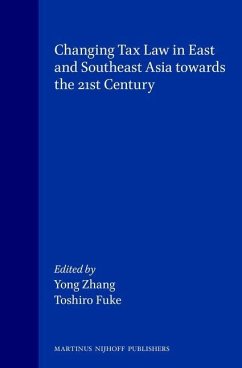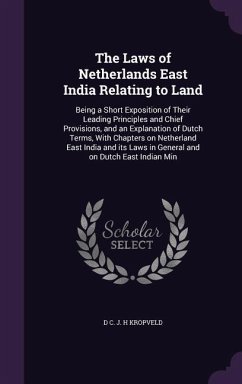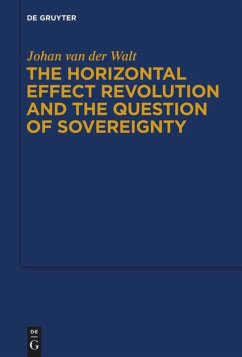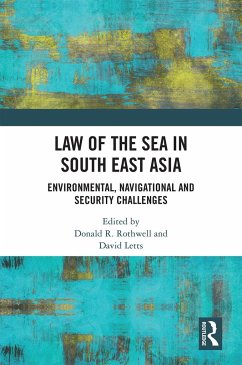Nicht lieferbar
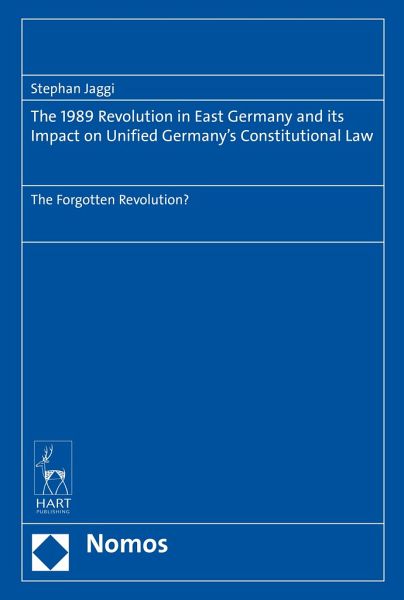
The 1989 Revolution in East Germany and Its Impact on Unified Germany's Constitutional Law
The Forgotten Revolution?
Versandkostenfrei!
Nicht lieferbar
The book promotes a completely new understanding of constitutional lawmaking in Germany. A thorough analysis of the 1989 Revolution in the GDR demonstrates that it is wrong to reduce the Revolution's meaning to bringing about German unification and an unconditional adoption of West German constitutional law by the new states. Instead, the author shows that the Revolution had its own constitutional agenda, at least parts of which were transferred to unified Germany, where mostly the Federal Constitutional Court integrated them into the West German constitutional order. Case analyses reveal that...
The book promotes a completely new understanding of constitutional lawmaking in Germany. A thorough analysis of the 1989 Revolution in the GDR demonstrates that it is wrong to reduce the Revolution's meaning to bringing about German unification and an unconditional adoption of West German constitutional law by the new states. Instead, the author shows that the Revolution had its own constitutional agenda, at least parts of which were transferred to unified Germany, where mostly the Federal Constitutional Court integrated them into the West German constitutional order. Case analyses reveal that unified Germany's constitutional law is a co-production between East German revolutionaries and the old Federal Republic.




